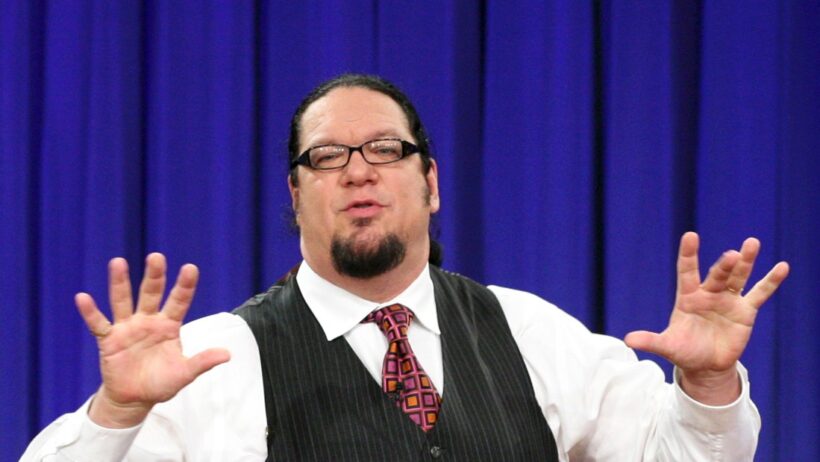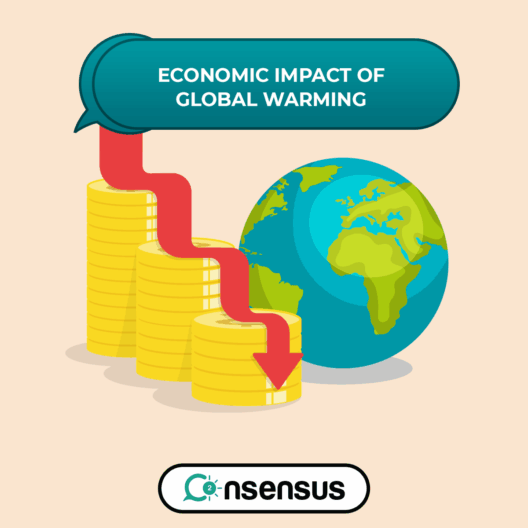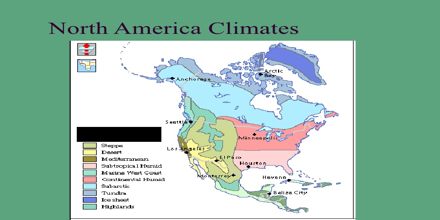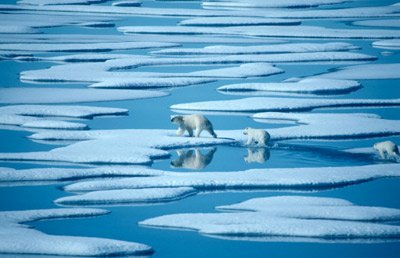In today’s complex socio-political landscape, discussions surrounding global warming and climate change often find themselves framed within economic or ideological debates. Among the prominent figures contributing to this discourse is the multifaceted entertainer and libertarian, Penn Jillette. Known primarily for his work in magic and comedy, Jillette also takes an active interest in political and social issues, including the urgent topic of global warming. This article will explore Jillette’s perspectives on climate change and highlight the significance of these views in understanding a broader conversation about environmental responsibility.
Initially, it’s vital to contextualize Penn Jillette’s ideological background. As a self-proclaimed libertarian, Jillette subscribes to principles that prioritize individual liberty and minimal government intervention. However, he also recognizes that climate change poses a formidable threat that transcends personal freedoms. This intersection of libertarianism and environmentalism is crucial. Jillette’s support for progressive policies, such as those advocated by Bernie Sanders, reveals an emerging trend among libertarians—acknowledging the government’s potential role in mitigating the impacts of climate change while maintaining their foundational beliefs in freedom.
Moreover, Jillette’s stance on global warming demonstrates that libertarian perspectives are not monolithic. His candid recognition of the threat posed by climate change illustrates a nuanced understanding of the issue, suggesting that combatting global warming might necessitate collaborative efforts rather than wholly market-driven solutions. While many libertarians may argue for minimal regulation, Jillette posits that certain regulatory frameworks could be instrumental in fostering innovation and sustainable practices.
The conversation surrounding climate change should incorporate an evaluation of the scientific consensus on the matter. Numerous studies substantiate the assertion that human activities, primarily through the burning of fossil fuels, are substantial contributors to climate change. This overwhelming body of evidence prompts a critical inquiry into the implications of inaction. Jillette’s acknowledgement of scientific findings signifies an alignment with empirically driven arguments—a departure from the skepticism that sometimes characterizes libertarian discourse on climate issues.
Exploring Jillette’s critiques of traditional climate action highlights another pivotal aspect of his philosophy. He often underscores the importance of personal accountability alongside systemic change. Jillette frequently advocates for individual lifestyle adjustments, such as reducing waste and adopting sustainable practices, as essential components of tackling climate change. His advocacy encourages personal engagement, prompting individuals to seek empowerment through their choices, rather than relegating the responsibility solely to governmental or corporate entities.
Moreover, Jillette’s dialogues on global warming introduce an important dimension regarding economic innovation. He champions the ingenuity of free markets to develop alternative energy solutions and technologies that could effectively mitigate the impact of climate change. By positioning environmental responsibility as a catalyzing force for entrepreneurial ventures, Jillette manages to merge his libertarian ethos with a constructive approach to environmental activism. This perspective could foster an environment where innovation flourishes, resulting in more sustainable energy sources and reduced carbon footprints.
However, Jillette’s acceptance of carbon taxes and other governmental levies—as tools for combating climate change—raises significant questions about the intersection of personal liberty and environmental responsibility. The libertarian philosophy avows that individuals should be free to make their own choices. Nonetheless, the exigencies posed by climate change may necessitate the imposition of external costs on carbon emissions, facilitating a market that incorporates the environmental ramifications of certain activities. This dichotomy invites rigorous debate among politicians, economists, and environmental advocates alike.
Fundamentally, discussions of global warming transcend political affiliations. Jillette’s stance reflects a growing consciousness that climate change is not merely an abstract scientific concern but an imminent threat that requires coordinated global action. The urgency of climate action is underscored by notable environmental events, fluctuating weather patterns, and the alarming rate of species extinction. In this context, Jillette’s voice serves as a rallying point for those who might be hesitant to adopt an environmentalist viewpoint, demonstrating that concern for the planet can be compatible with a libertarian ideology.
As public figures such as Jillette articulate their positions on climate change, they also play a role in shaping public perception and discourse. This is especially relevant given the pervasive influence of media and entertainment in contemporary society. By engaging in discussions about global warming, Jillette introduces the topic into wider public consciousness, urging diverse audiences to reflect on their roles within the ecological narrative.
Furthermore, Jillette’s ability to tackle complex issues with humor and accessibility may inspire greater public engagement in environmental issues. His perspective is particularly compelling because it reflects the confluence of entertainment and activism, making the abstract scientific concepts of climate change more relatable. His approach serves as a reminder that advocacy for the environment does not necessitate the abandonment of one’s core beliefs, but rather can serve as an avenue for enriching discourse and promoting innovative, sustainable solutions.
In conclusion, Penn Jillette’s insights into global warming warrant attention for their blend of libertarian principles and an urgent call for environmental action. His advocacy underscores the need for individual responsibility coupled with systemic solutions in addressing this critical global challenge. This synthesis of idealism and practicality is essential for fostering a broader understanding of climate change—one that respects personal freedoms while acknowledging the collective imperative to preserve our planet for future generations. As the conversation surrounding climate change continues to evolve, figures like Jillette will undoubtedly play a crucial role in shaping public discourse and inspiring action toward a more sustainable future.







